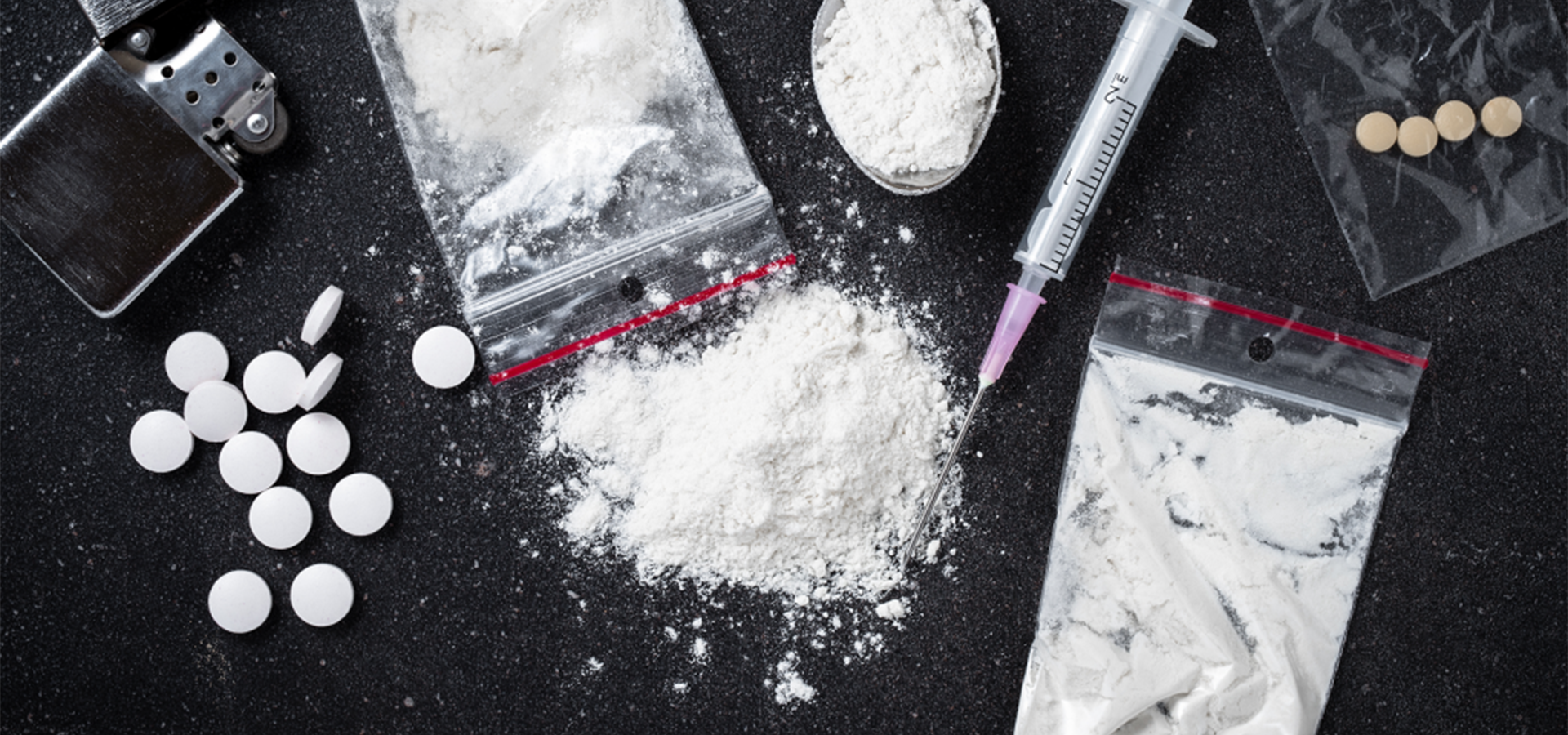[vc_row][vc_column][vc_custom_heading text=”Oxycodone Vs. Heroin” use_theme_fonts=”yes”][vc_column_text]When it comes to Oxycodone vs. heroin, many people question which is worse. The assumption is that heroin is worse than Oxycodone since one is a pill given out by doctors and one is bought on the street- however are they really that different?[/vc_column_text][/vc_column][/vc_row][vc_row][vc_column width=”1/2″][vc_single_image image=”1104″ img_size=”full” el_class=”resp-img”][/vc_column][vc_column width=”1/2″][vc_single_image image=”1105″ img_size=”full” add_caption=”yes” el_class=”resp-img”][/vc_column][/vc_row][vc_row][vc_column][vc_column_text]When it comes to Oxycodone, heroin and other drugs, we know there is a stigma attached. There is something that makes drug addiction a conversation about choice versus disease and incarceration versus treatment. Families are blamed for the addiction, addicts are blamed for the addiction, every mistake made throughout addiction is judged as a poor choice and moral failing. Even when an addict enters recovery, they are faced with the public perception that “once an addict always an addict,” the possibility of relapse, and difficulty when it comes to finding a job or a place to live. However, there is one stigma that we don’t talk about, and sometimes even ignore, which is killing more people as the opioid epidemic rages on…the stigma between heroin addiction and Oxycodone pill addiction. What is it that makes addiction to prescription opioid pills, such as Oxycodone, more “acceptable” than someone saying they are addicted to heroin?[/vc_column_text][/vc_column][/vc_row][vc_row][vc_column][vc_column_text]Since the beginning of the opioid epidemic people have been more inclined to ask for help when it comes to Oxycodone pill addiction, people have been less judgmental towards those addicted to Oxycodone and families and communities have come together to fight the opioid pill epidemic. However, the opioid pill epidemic has quickly turned into a heroin epidemic. People remain hushed about heroin and have stuck with calling the epidemic an Oxycodone problem. We continue to place blame on doctors and pharmaceutical companies instead of trying to really talk about the epidemic and solutions. So, we are left with the question is heroin addiction considered worse than oxycodone addiction? The idea that Oxycodone is safer than heroin may come from prescriptions for Oxycodone being commonly handed out after surgery, or it could be because they are manufactured in a laboratory and not on the streets. People who are misusing Oxycodone may even believe that the price tag per pill, in comparison to heroin, makes it “better” and even safer. Even once the epidemic got worse, it wasn’t until people in the upper-middle class were affected that we began talking openly about opioid addiction and the misuse of Oxycodone pills. This all leads to the dangerous stigma that makes people assume Oxycodone misuse and addiction is okay to talk about, but heroin addiction is for “junkies” and is considered “the worst of the worse.” But what happens when Oxycodone pills aren’t enough, and it leads to heroin addiction? What do we say if there was no surgery that got someone addicted to Oxycodone pills? What happens when you are stealing Oxycodone from your grandma after her surgery?[/vc_column_text][/vc_column][/vc_row][vc_row][vc_column][vc_column_text]The problem is that since Oxycodone pills are more socially acceptable, people are more likely to try them, which can lead to Oxycodone or heroin addiction. Did you know, in the 1900s heroin was marketed by Bayer as “safe.” It was prescribed to children and adults for mild pain until people quickly realized that heroin was not safe, it was highly addictive and dangerous. Many people understood then, this heroin is a dangerous drug, it’s bad, and now it is a Schedule 1 Narcotic with “no medical use.” If this story sounds familiar to you, it’s because it is what’s happening with Purdue Pharma right now. When Purdue marketed opioid pain pills, like oxycodone, as safe in the 1990s and began giving it to people with chronic and minor pain, it quickly spiraled into the epidemic we are seeing right now. We found out quickly that these pills are addictive and dangerous. Opioid pills, like oxycodone, are pharmaceutical-grade heroin, highly addictive, and often lead to street heroin abuse. Heroin and prescription opioid pills are the same things.[/vc_column_text][vc_single_image image=”1106″ img_size=”full” add_caption=”yes” el_class=”resp-img”][/vc_column][/vc_row][vc_row][vc_column][vc_column_text]Heroin and Oxycodone pills are practically the same when we look at the chemicals in each and have very similar effects. The only difference is that one is made by doctors, lab technicians, and scientists, while the other is made on the street. The stigma that we place on heroin addiction creates shame and guilt, which makes people less likely to seek help and more susceptible to overdose and death. Heroin and Oxycodone pills are both highly addictive and dangerous. We can no longer compare one to the other as better or worse. Both can, and will, kill you. It is time for people to stop pinning Oxycodone vs. heroin and begin talking about these drugs as if they are equally addictive, dangerous, and deadly. This epidemic has already claimed so many people’s lives, we need to help people choose to enter treatment and live a life of recovery. If you or a loved one are ready to enter recovery, reach out to a recovery specialist today. Don’t fool yourself into believing Oxycodone pills are safer than heroin. Get help now.[/vc_column_text][/vc_column][/vc_row]
Home » Oxycodone vs. Heroin: Which Is Worse?
Oxycodone vs. Heroin: Which Is Worse?

Are You Covered for Addiction Treatment? Find Your Insurance.






Midwest Recovery Center
*The stories shared in this blog are meant to illustrate personal experiences and offer hope. Unless otherwise stated, any first-person narratives are fictional or blended accounts of others’ personal experiences. Everyone’s journey is unique, and this post does not replace medical advice or guarantee outcomes. Please speak with a licensed provider for help.



















